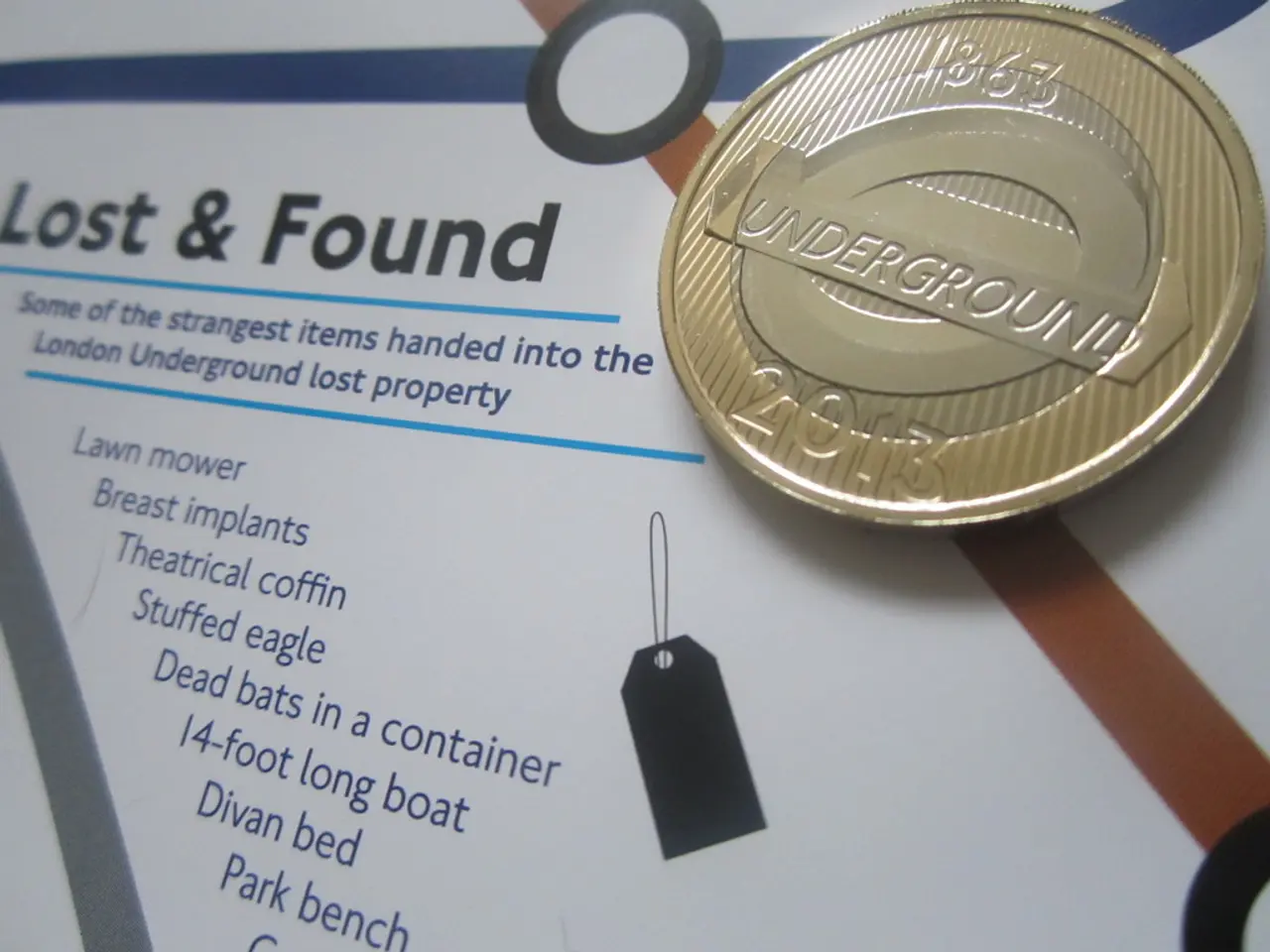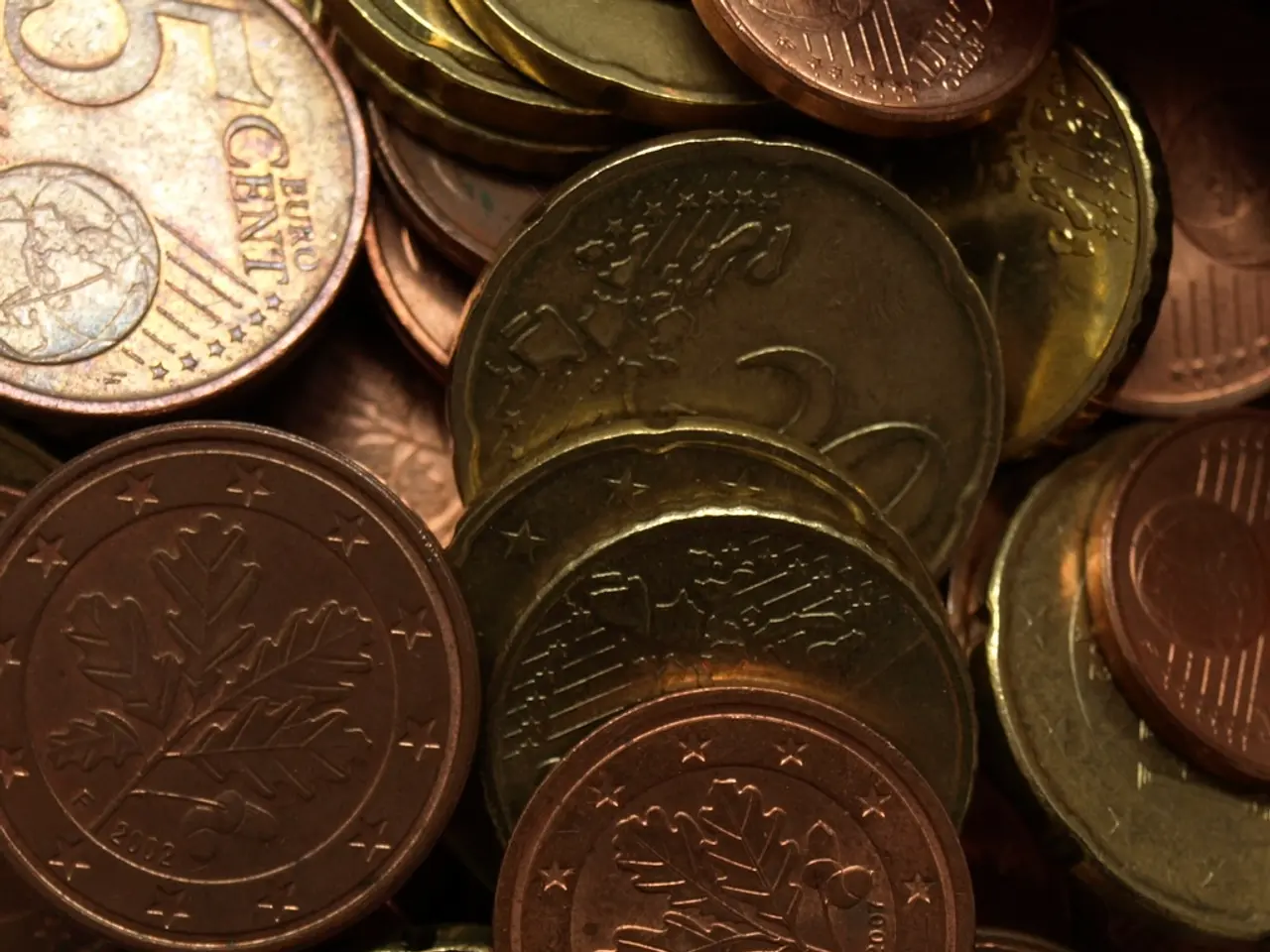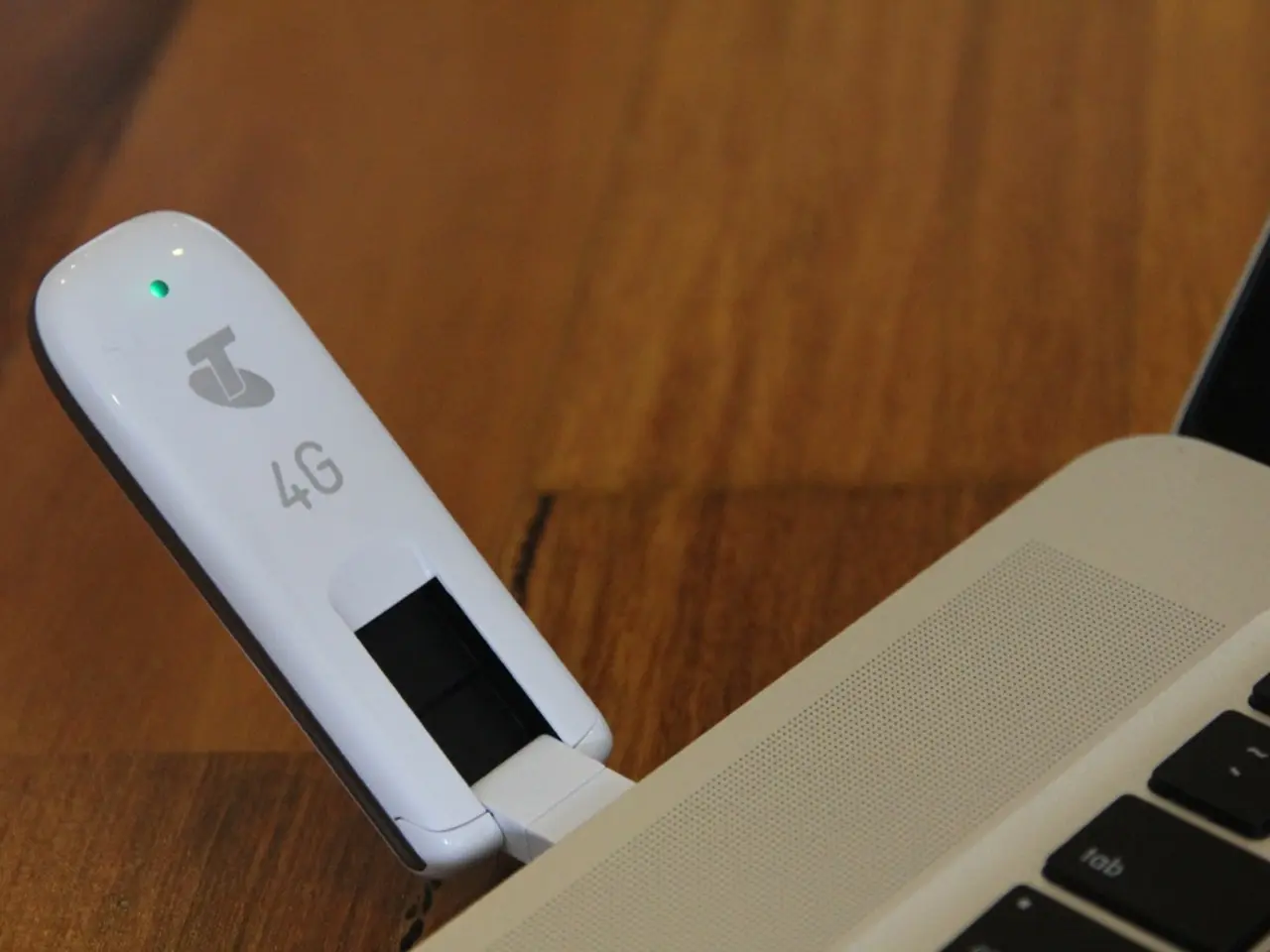Post-enactment of stablecoin regulations, Hong Kong commences discussions on implementing policies
Hong Kong Establishes Regulatory Framework for Stablecoin Issuance
Last week, Hong Kong enacted legislation supporting the issuance of stablecoins, marking a significant step towards establishing the city as a secure and internationally aligned hub for these digital assets.
Under the new Stablecoins Ordinance, effective August 1, 2025, any entity issuing a fiat-referenced stablecoin in Hong Kong or targeting the Hong Kong dollar market must obtain a license from the Hong Kong Monetary Authority (HKMA) before issuance.
Stablecoin Issuance and Licensing
To obtain a license, applicants must submit their applications to the HKMA, with an encouraged application deadline of September 30, 2025, for early consideration. Initial licensing approvals are expected to be limited and cautious to promote financial stability and protect investors.
Reserve Management Requirements
Stablecoins must be fully backed at all times by high-quality, highly liquid reserve assets. These eligible reserve assets typically include short-term bank deposits, certain marketable debt securities, and other low-risk liquid assets to ensure convertibility and stability.
The issuer is required to maintain transparency, provide regular disclosures, and ensure the reserve assets are segregated and available for redemption at par value, supporting stablecoin holders’ redemption rights. Robust risk management and governance frameworks are mandated to oversee reserve management and operational risks properly.
Anti-Money Laundering (AML) and Counter-Terrorist Financing (CTF) Procedures
HKMA’s consultation and guidelines set AML/CFT requirements consistent with Hong Kong’s existing regulatory regime for financial institutions, tailored for stablecoin issuers. Issuers must implement customer due diligence (CDD), transaction monitoring, suspicious transaction reporting, and record-keeping obligations. They are required to have controls to detect and prevent the use of stablecoins for money laundering or terrorist financing.
Cross-border cooperation and coordination standards are emphasized to align with mainland China’s central bank and international AML standards, ensuring risks are mitigated in the transnational nature of stablecoins.
Other Requirements
Stablecoin issuers in Hong Kong must have a minimum of HKD 25 million in capital or an equivalent amount in another currency, although the regulator can specify a higher figure. This rule does not apply to banks.
The HKMA has the authority to approve other types of assets for the reserves that back a stablecoin in Hong Kong. The rule regarding the backing assets for stablecoins is relaxed for the Hong Kong Dollar (HKD) given its peg to the US dollar, allowing US dollar assets for a HKD stablecoin.
The HKMA allows for other business activities by stablecoin issuers in Hong Kong, but these must be approved first. Regular attestations and audits are necessary for stablecoin issuers in Hong Kong, with the frequency determined by the HKMA.
Stablecoin issuers in Hong Kong are not allowed to pay interest to stablecoin holders, but marketing incentives are expressly allowed. For both issuance and redemption, the issuer is expected to perform due diligence on a frequent counterparty or "a person who conducts an occasional transaction involving an amount equal to or above $8,000."
The HKMA published two consultation documents outlining the draft guidelines for stablecoin issuers and anti-money laundering procedures. The requirements for stablecoin issuance in Hong Kong are less stringent than some other jurisdictions, such as Singapore and the draft US GENIUS Act legislation, regarding the maturity of securities.
These measures aim to establish Hong Kong as a secure and internationally aligned hub for stablecoins, balancing innovation with prudential and consumer protections.
- The Stablecoins Ordinance, effective in 2025, requires any entity issuing stablecoins in Hong Kong or targeting the Hong Kong dollar market to obtain a license from the Hong Kong Monetary Authority (HKMA) before issuance.
- To maintain stability and protect investors, initial licensing approvals for stablecoin issuers in Hong Kong are expected to be limited and cautious.
- In addition to obtaining a license, stablecoin issuers in Hong Kong must have a minimum of HKD 25 million in capital or an equivalent amount in another currency, and must ensure their reserve assets are segregated, available for redemption, and managed with robust risk management and governance frameworks.
- Stablecoin issuers in Hong Kong are subject to anti-money laundering (AML) and counter-terrorist financing (CTF) procedures consistent with Hong Kong’s existing regulatory regime for financial institutions, as well as cross-border cooperation standards to align with mainland China’s central bank and international AML standards.




